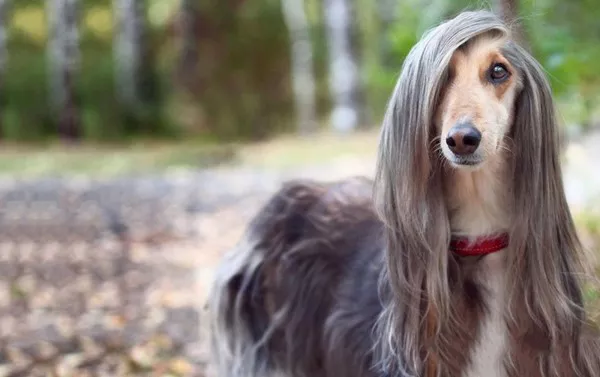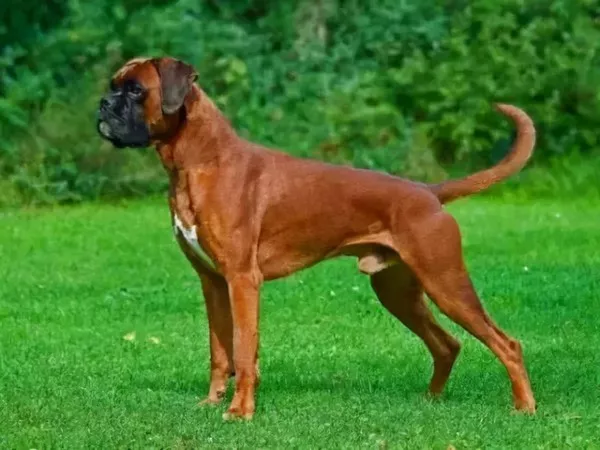Devon Rex cats are renowned for their distinctive appearance, characterized by their short, curly fur, large ears, and impish expressions. Among the many fascinating aspects of these charming felines, one of the most intriguing is the way they acquire their color. The genetic makeup of a Devon Rex influences their coat color and pattern, resulting in a wide variety of stunning looks. This article delves into the genetics of color in Devon Rex cats, exploring the factors that contribute to their unique coloration, the science behind it, and how these traits are inherited.
The Genetic Foundation of Color in Cats
Basic Genetics
To understand how Devon Rex cats get their color, it’s essential to have a basic grasp of genetics. The physical traits of all living organisms, including cats, are determined by their genes. Genes are segments of DNA that contain instructions for making proteins, which influence traits such as coat color, pattern, and texture.
In cats, coat color is determined primarily by two types of pigments: eumelanin and pheomelanin. Eumelanin is responsible for black and brown colors, while pheomelanin gives rise to red and cream shades. The interplay between these pigments, along with the presence of specific genes, results in the diverse array of colors and patterns seen in cats.
Key Genes Influencing Coat Color
B Gene (Black/Chocolate): This gene determines whether a cat is black or chocolate. The black version (B) is dominant over the chocolate version (b). Thus, if a Devon Rex inherits the dominant allele, it will have a black coat; if it inherits two recessive alleles (bb), it will be chocolate.
D Gene (Dilution): The D gene influences whether the coat color is full or diluted. The dominant allele (D) results in the full color, while the recessive allele (d) causes the color to be diluted. For example, a black cat with dd would appear gray.
O Gene (Orange): This gene affects the presence of orange pigments. The O allele is responsible for orange fur, which is dominant, while o is the recessive allele that leads to non-orange colors.
S Gene (White Spotting): The S gene affects the presence of white spots on a cat’s coat. The dominant allele (S) can produce various degrees of white spotting, while the recessive (s) results in a solid color.
T Gene (Tabby): The T gene governs tabby patterns. The dominant allele (T) allows for the presence of tabby markings, while the recessive allele (t) results in a non-tabby appearance.
Color Patterns in Devon Rex Cats
Devon Rex cats exhibit a variety of coat colors and patterns, which are influenced by the combination of the aforementioned genes. The primary colors include black, chocolate, blue, red, cream, and their dilute counterparts. Furthermore, various patterns such as tabby, bicolor, and point coloration can also appear.
Solid Colors: These cats display a uniform color without any markings. Common solid colors in Devon Rex cats include black, chocolate, and blue.
Tabby Patterns: Tabby Devon Rex cats showcase distinct patterns characterized by stripes, spots, or swirling designs. The classic tabby pattern features a “M” shape on the forehead and stripes running down the back.
Bicolor: Bicolor Devon Rex cats have a mix of color and white, often with white on the face, belly, and legs. The proportion of white can vary, resulting in different bicolor patterns.
Pointed Patterns: Similar to Siamese cats, some Devon Rex cats exhibit pointed patterns where the extremities (ears, face, paws, and tail) are darker than the rest of the body.
Tortie and Calico: These patterns result from a combination of colors, typically red and black, which can manifest in a patchy distribution. Tortie (tortoiseshell) cats have a mix of red and black fur, while calico cats include white in addition to these colors.
The Role of Genetics in Color Inheritance
Understanding how color traits are passed from parents to offspring is crucial for breeders and cat enthusiasts alike. The inheritance of color in Devon Rex cats follows Mendelian principles, where specific traits are inherited according to dominant and recessive alleles.
Mendelian Genetics
Each cat inherits one allele from each parent for every gene. The combination of these alleles determines the cat’s phenotype (observable traits). For example, if one parent is homozygous for black fur (BB) and the other is homozygous for chocolate (bb), all offspring will inherit a black coat since black is dominant.
Polygenic Traits
While some traits are influenced by a single gene, many traits in cats are polygenic, meaning they are affected by multiple genes. Coat color and pattern are typically polygenic traits, resulting in a broad spectrum of variations. For instance, a cat’s coat might be influenced by multiple genes acting together to produce a specific shade of gray or a unique tabby pattern.
Environmental Influences
While genetics primarily determine coat color, environmental factors can also play a role. For instance, a cat’s exposure to sunlight can lighten or darken its coat over time. Additionally, nutrition and overall health can impact coat quality and appearance, though they do not change the genetic color itself.
The Unique Genetics of the Devon Rex
The Devon Rex breed has a distinctive genetic makeup that contributes to its unique coat and appearance. This breed is known for its rex mutation, which affects the structure of the hair follicles, resulting in the short, curly coat characteristic of the breed. The rex mutation is linked to the Krt71 gene, which plays a significant role in hair development.
Rex Gene and Coat Texture
The rex gene causes a variation in hair growth, leading to a softer and curlier coat than that of typical cats. This gene does not directly influence color but is crucial for understanding the overall appearance of the breed. Devon Rex cats often have a plush, velvety texture, which enhances their striking coloration.
Variability in Coat Color
Due to the combination of multiple genes influencing color and pattern, Devon Rex cats can exhibit a wide range of appearances, making them a favorite among cat enthusiasts. Breeders often select for specific colors and patterns, leading to the proliferation of various stunning combinations in the breed.
Breeding for Color in Devon Rex Cats
For breeders, understanding the genetics of color in Devon Rex cats is vital for producing litters with desirable traits. Breeders use selective breeding strategies to achieve specific color combinations while ensuring the health and well-being of the cats.
Selective Breeding Strategies
Understanding Genetic Pairings: Breeders must be well-versed in the genetic backgrounds of their cats. By knowing the potential color outcomes from various pairings, breeders can create specific color patterns in the offspring.
Line Breeding: This practice involves mating related cats to concentrate desirable traits, including coat color. However, breeders must balance this with the risk of genetic health issues due to inbreeding.
Outcrossing: Introducing unrelated cats into the breeding program can enhance genetic diversity and help mitigate health risks. This practice can also introduce new color genes into a breeding line.
Health Considerations: Ethical breeders prioritize the health of their cats over the pursuit of specific colors. Genetic health screenings and responsible breeding practices are essential to maintaining a healthy breed standard.
Registries and Standards
Various cat registries have established breed standards that include specific colors and patterns acceptable for Devon Rex cats. These standards guide breeders in producing cats that meet the expectations of the breed while adhering to health and genetic guidelines.
Conclusion
Understanding how Devon Rex cats get their color involves a complex interplay of genetics, breeding practices, and environmental influences. With a variety of genes contributing to the rich spectrum of coat colors and patterns, the Devon Rex stands out as a unique breed in the feline world. Breeders who are knowledgeable about the genetics of color can enhance the breed’s diversity while ensuring the health and well-being of their cats.
By appreciating the science behind their coloration, cat lovers can better understand and cherish the enchanting beauty of Devon Rex cats. As they continue to captivate enthusiasts with their playful personalities and stunning appearances, the genetics of color in this breed remains a fascinating subject of exploration and admiration.
Related Topics:

























